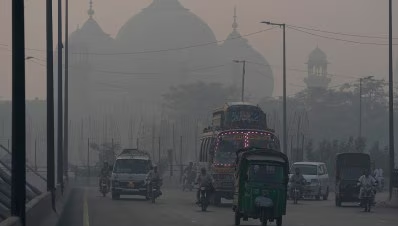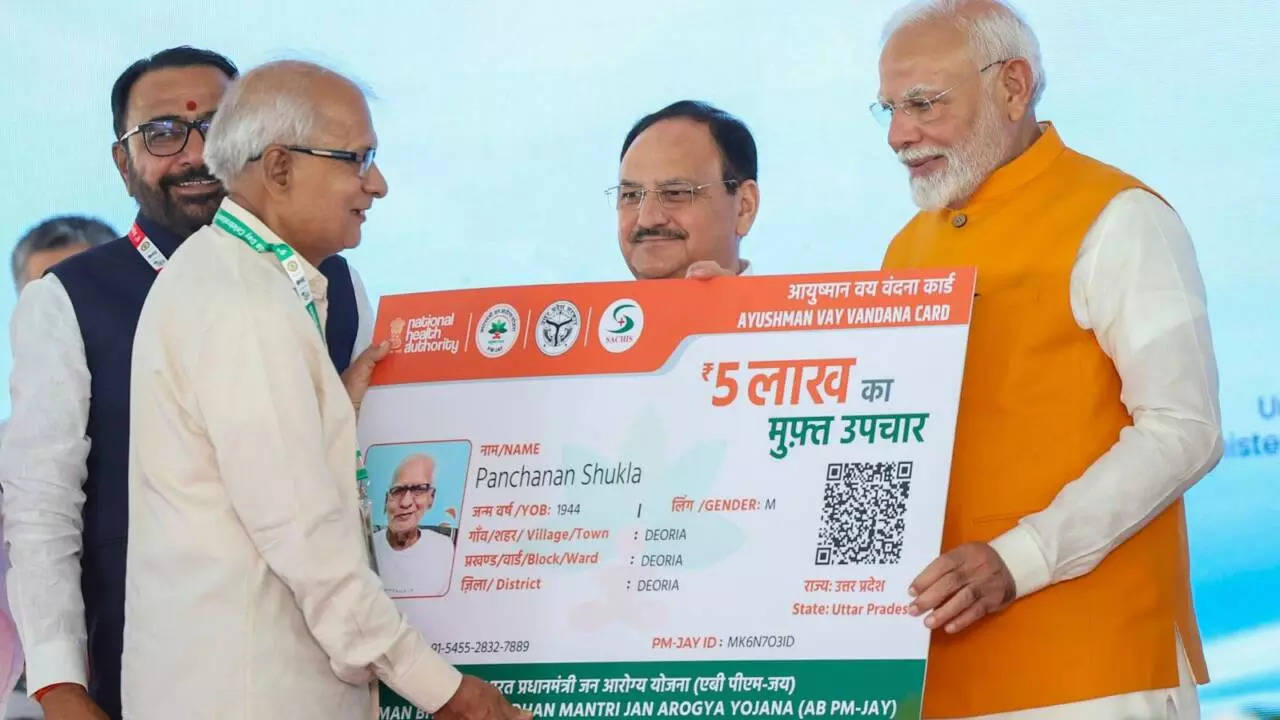Understanding conjunctivitisConjunctivitis is marked by the inflammation of the conjunctiva, a clear membrane that covers the white part of the eyeball and the inner surfaces of the eyelids. This condition can be triggered by viruses, bacteria, allergens, or irritants such as smoke and dust. Viral and bacterial conjunctivitis are highly contagious, especially during the monsoon when high humidity levels facilitate the spread of pathogens.
Seasonal surgeDuring the monsoon, the risk of contracting conjunctivitis increases significantly. The rainwater, often contaminated with viral and bacterial agents, can easily come into contact with the eyes. This contact can lead to infections, especially in crowded urban environments where the density of population and the frequency of contact are higher.
Symptoms to watch forThe common signs of conjunctivitis include redness in the white of the eye or the inner eyelid, increased tear production, thick yellow discharge that crusts over the eyelashes, itching, and burning eyes. These symptoms can vary slightly depending on the cause of the infection—viral, bacterial, or allergic.
Preventive measuresThe key to managing conjunctivitis during the monsoon is prevention. Here are several effective strategies recommended by health professionals:
1. Personal hygiene: Regular hand washing is crucial. Avoid touching or rubbing your eyes with unclean hands.
2. Avoid contaminated water: During the rainy season, try to keep rainwater from splashing directly into the eyes.
3. Use protective eyewear: Sunglasses or protective glasses can help shield your eyes from infected raindrops and wind-blown debris.
4. Do not share personal items: Towels, handkerchiefs, and eye makeup should be for individual use only to prevent the spread of infections.
5. Diet and hydration: Maintaining a diet rich in vitamins, especially Vitamin A, and staying hydrated can help enhance the immune system and protect eye health.
Treatment optionsThe treatment for conjunctivitis depends largely on its cause:
1. Viral conjunctivitis: Usually resolves on its own within several days without the need for medical treatment. Supportive treatments, such as cold compresses and lubricating eye drops, can relieve symptoms.
2. Bacterial conjunctivitis: Requires antibiotic eye drops or ointments prescribed by a healthcare provider.
3. Allergic conjunctivitis: Treated with anti-allergy medications and avoiding allergens.
Role of healthcare providersDuring the monsoon, healthcare providers play a crucial role in managing the surge in conjunctivitis cases. Clinics and hospitals are advised to stock up on necessary medical supplies and prepare for an influx of patients seeking treatment for eye-related issues.
Public health campaigns are essential to educate the community about the risks and preventive measures associated with conjunctivitis.
Public and community health initiativesGovernments and health departments typically ramp up awareness campaigns during the rainy season. These campaigns focus on educating the public about the importance of eye care, the risks associated with conjunctivitis, and effective prevention strategies. For example, the health department in Telangana has increased the operational capacities of eye care facilities and is emphasising the importance of public awareness.
ConclusionWhile the monsoon season can be challenging for eye health, understanding and implementing effective preventive measures can significantly reduce the risk of developing conjunctivitis. It is important for individuals to practise good hygiene, seek medical advice when necessary, and adhere to public health advisories. By doing so, the public can enjoy the monsoon season without the discomfort and disruption caused by eye infections.
(Author: Dr. Anurag Wahi- Senior Consultant, Sharp Sight Eye Hospitals)









